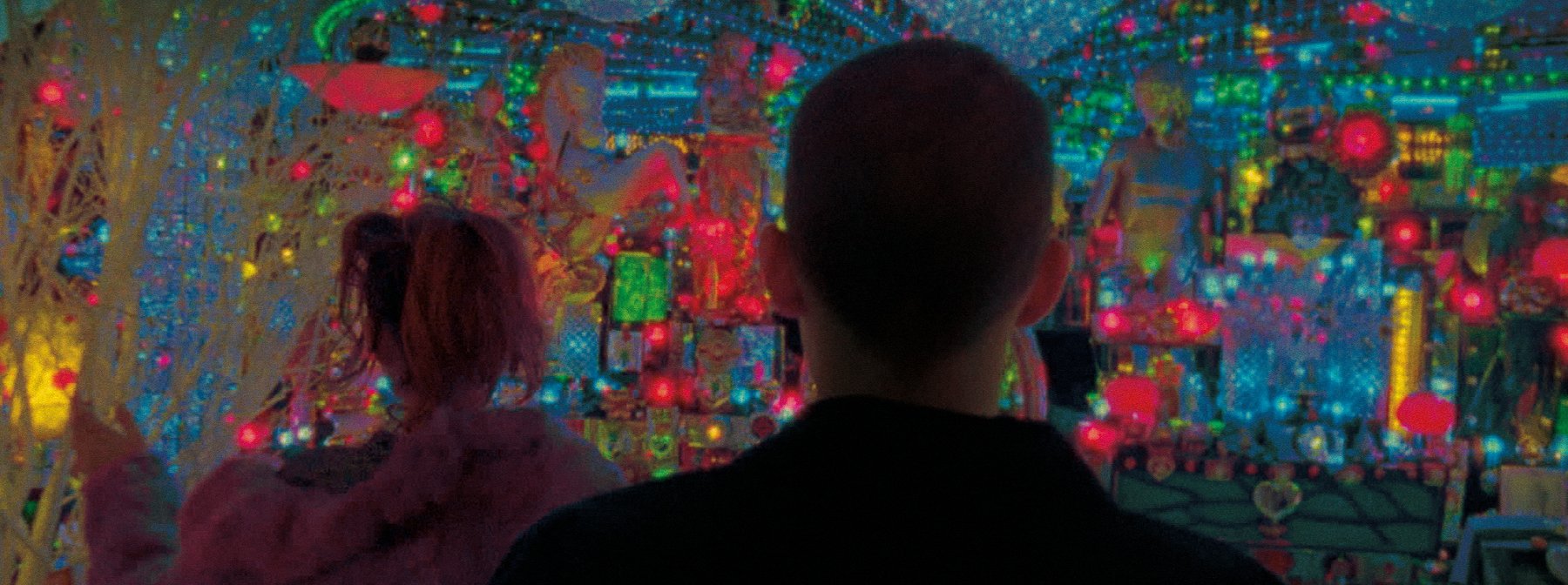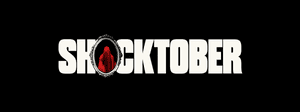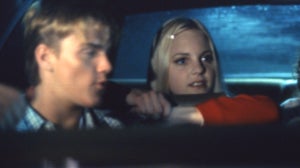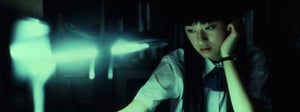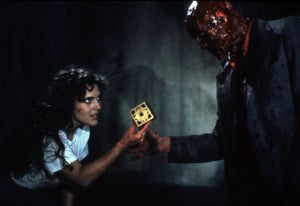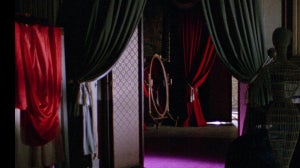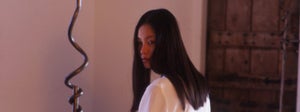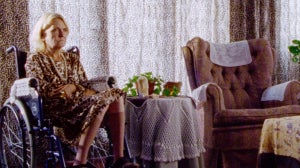
On ARROW, we’ve launched our En Français season, a celebration of the diverse and intriguing world of French cinema. We have dozens of films to dip into to cover any mood but if you’d like a recommendation, we’ve narrowed a selection down to films from the past three decades to look at the changing cinema of France and the topics covered by some of the country’s finest film-makers. From the delirium of the New French Extremity to forensic studies of seemingly ordinary people, here are six modern French films to settle in with:
La Haine (1995)
A breath-taking film from a writer/director in his mid-twenties, La Haine tells the story of three youths living in the poor, immigrant suburbs of Paris across twenty consecutive hours. Featuring breakout roles for Vincent Cassel (Mesrine, Ocean’s Twelve) and Saïd Taghmaoui (Three Kings, Wonder Woman), the film also contained roles for a number of non-actors adding a certain verité to the realistic events presented. Detailing a world of violence, riots and racism, this was a version of Paris far removed from common depictions.
Mathieu Kassovitz’s new reality was an eye-opener that may have shocked international audiences but for many Parisians it struck a profound chord. Picking up the Best Director prize at that year’s Cannes Film Festival and winner of the Best Film at the César Awards, the critical acclaim made sure audiences knew this was not to be missed.
https://www.youtube.com/watch?v=FKwcXt3JIaU
The Swindle (1997)
Approaching his 70th birthday but with no sign of letting up, for director Claude Chabrol the 90s were a decade as busy as any other. Rien ne va plus known in English as The Swindle, is a light-hearted crime film about a pair of con artists which sees Betty (frequent Chabrol collaborator Isabelle Huppert) and Victor (Michel Serrault) endeavour to steal over 5 million francs from a clueless victim (François Cluzet) who Betty begins an affair with.
Written and directed by Chabrol, this his 50th film is an intriguing story of double-crossing, very much in the vein of his previous work which earned him the nickname of the ‘French Hitchcock’. He still displays a talent to charm an audience with a sparkling script performed marvelously by his strong cast of players and is able to keep us guessing as to who will eventually come out on top. An amusing and beguiling watch.
https://www.youtube.com/watch?v=Az7w_zh9S70
The Color of Lies (1999)
We stick with Chabrol for his end of the century mystery Au cœur du mensonge aka The Color of Lies. Vivianne (Sandrine Bonnaire) is married to René, an art teacher who was the last person to see a 10-year old girl who has been found murdered. He naturally falls under the suspicion of chief of Police Lesage (Valeria Bruni Tedeschi) who begins to uncover more about the townspeople and the taut relationship between Vivianne and René.
A sensational character study in which Chabrol dissects the inhabitants of a small Breton town and slowly reveals their secrets. A true psychological whodunit which conveys suspense in a style unmistakably that of the film-maker’s finest work. There is social critique as you might expect and nobody quite ever manages to capture the feel of a small town community so perceptively as Chabrol.
https://www.youtube.com/watch?v=CehgRrjMWPU
Enter the Void (2009)
From the machinations of a small town to the pulsating lights of a big city, we head to Tokyo under the guidance(?) of the notorious Gaspar Noé, perhaps one of the most polarizing directors of our time. Enter the Void is the follow-up to Irréversible (2002), his incredibly controversial film containing brutal portrayals of violence and rape. To suggest Enter the Void is toned down from that would perhaps not be giving it justice. A drug dealer (Nathaniel Brown) who lives in Tokyo is shot by the police in a deal turned sour. His soul takes flight above the city as we witness the effect on his sister, a stripper, and relive the events of his life.
With pounding electronic music and strobing lights, the viewer is provided with a hypnotic like experience or as Noé put it when talking to Interview Magazine – “I tried to, in a cinematic way, reproduce the perception of someone who is on drugs”. Like all of Noé’s work it challenges and confronts and certainly leaves you in a different way as to how it found you. Essential viewing.
https://www.youtube.com/watch?v=TFqL92bgNE8
Amour (2012)
Michael Haneke’s Amour is a sensitive drama that reflects on the capacity of love amidst great suffering. A married couple in their eighties, Georges and Anne, (played by Jean-Louis Trintignant and Emmanuelle Riva) struggle to cope as Anne suffers a series of strokes which makes Georges her primary caregiver. Their daughter Eva (Isabelle Huppert) is based in the UK and insists her mother be put into a care home but Georges can’t bear the thought of leaving her.
Winner of numerous awards including the Palme d’Or and Academy Award for Best Foreign Language Film, Amour is often tough to watch but offers sincere and heartfelt reflections on what we usually consider to be a taboo subject. A change of pace from Haneke’s earlier thrillers such as Caché and Funny Games but still infused with a compelling tension.
https://www.youtube.com/watch?v=AD-JzGIhk94
Love (2015)
From one representation of love to another and with a very different angle. We’re back in the hands of Gaspar Noé for a sexually-charged melodrama involving a complicated threesome. Murphy (Karl Glusman who later works with Noé in Lux Aeterna) is an American film student in Paris who reminisces about a passionate former relationship with Electra (Aomi Muyock). Confusion abounds when Murphy accidentally gets Omi pregnant, the partner they’ve added to the bedroom to spice up their love life.
The film gained much attention for its unsimulated sex scenes but this was not just Noé continuing in his role as provocateur. These scenes were included to make a point about the emotional connection required in sex rather than simply to titillate. With it’s courageous plot and unconventional storytelling with frequent flashbacks, Love is very much Noé approaching an eternal subject with a fresh and incomparable perspective.
https://www.youtube.com/watch?v=OsTSh2zjRYA
Watch all of the above and more on ARROW.

